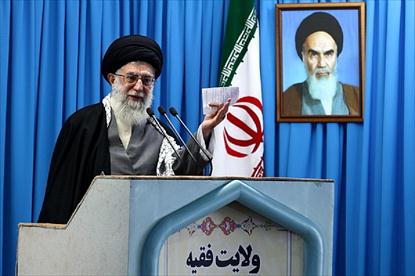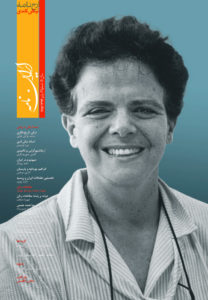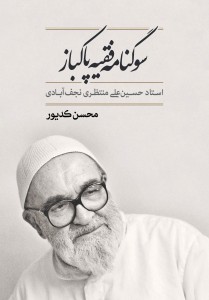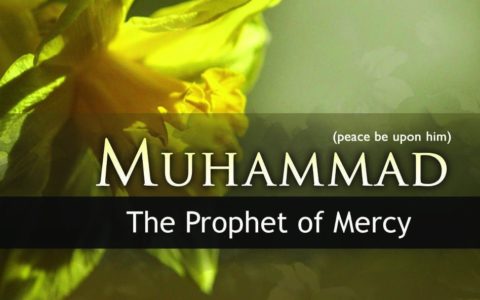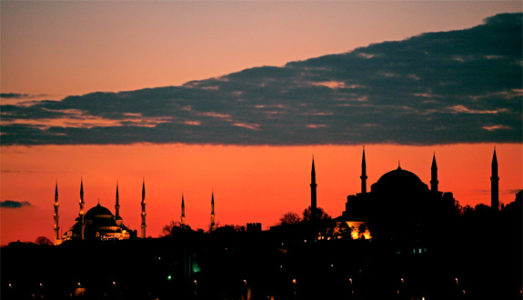
Theology, Ethics, Politics: Three Challenges for Islamic Reform
How should Islamic teachings relate to the specific conditions of modernity? Islamic Reform is the effort of Muslims to reconstruct Islamic teachings and practice in modern times. This lecture addresses the challenge of reforming Islamic doctrines in three related areas: theology, ethics and politics, with special reference to Shi`ism. It will be illustrated by critical reflections on concepts of religious authority (the position of the Imams), shari’a as an ethical tradition in dialogue with modernity, and the necessity of secularism in terms of separation of mosque and state.


